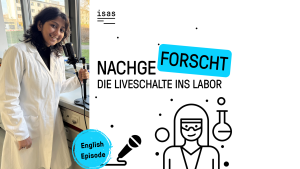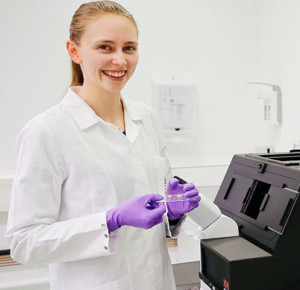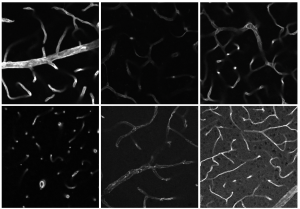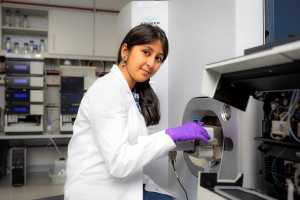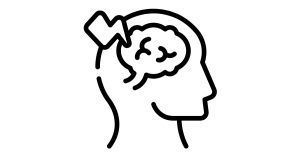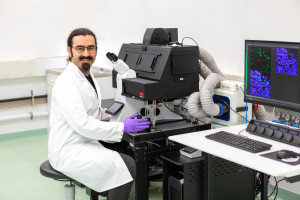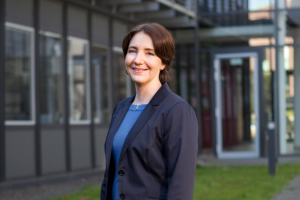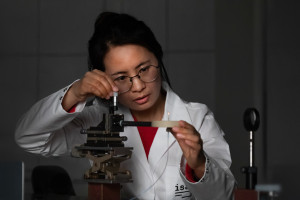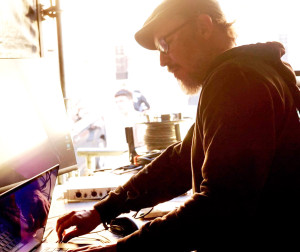Dortmund, 1st December 2023
What is the connection between our immune system and bone fractures? Why can autoimmune diseases such as rheumatoid arthritis, illnesses such as psoriatic arthritis or chronic inflammatory bowel diseases affect the skeleton? For the first time, scientists will be investigating these questions in the new Collaborative Research Centre (CRC) / Transregio 369 "DIONE". Researchers at Friedrich-Alexander-Universität (FAU) Erlangen-Nürnberg, Technische Universität Dresden, ISAS and the University of Ulm will be looking into inflammation-induced bone degeneration. The German Research Foundation is funding "DIONE – DegeneratIon of bONE induced by inflammation" for an initial period of four years.
It is known that the immune system reacts to inflammation and releases various mediators such as metabolites. The latter have an effect on bone remodelling by influencing the balance between osteoblasts (bone-building cells) and osteoclasts (bone-degrading cells). However, how exactly the intracellular and extracellular regulatory circuits control inflammation and skeletal reactions has not yet been explored. The scientists at DIONE want to change this by incorporating the latest developments and findings on inflammatory diseases from immunology and bone biology into their research project.
This is why researchers at ISAS and FAU will use various microscopy techniques to investigate whether different osteoclast subpopulations have different activation profiles and functions in addition to their different origins. "We want to find out more about the individual regulatory mechanisms of different osteoclast subtypes during different inflammatory processes and their influence on disease-specific bone damage. We would like to use these new findings to identify potential targets for more specific therapies for various skeletal-associated diseases such as rheumatoid arthritis and osteoporosis," says Prof Dr Anika Grüneboom from the ISAS Bioimaging research group. Together with Prof Dr Gerhard Krönke (FAU / Charité - Universitätsmedizin Berlin), she is leading the corresponding "DIONE" sub-project.
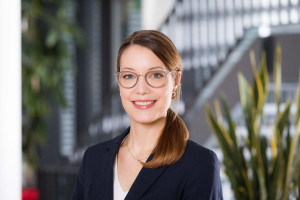
Prof Dr Anika Grüneboom
© ISAS / Hannes Woidich
